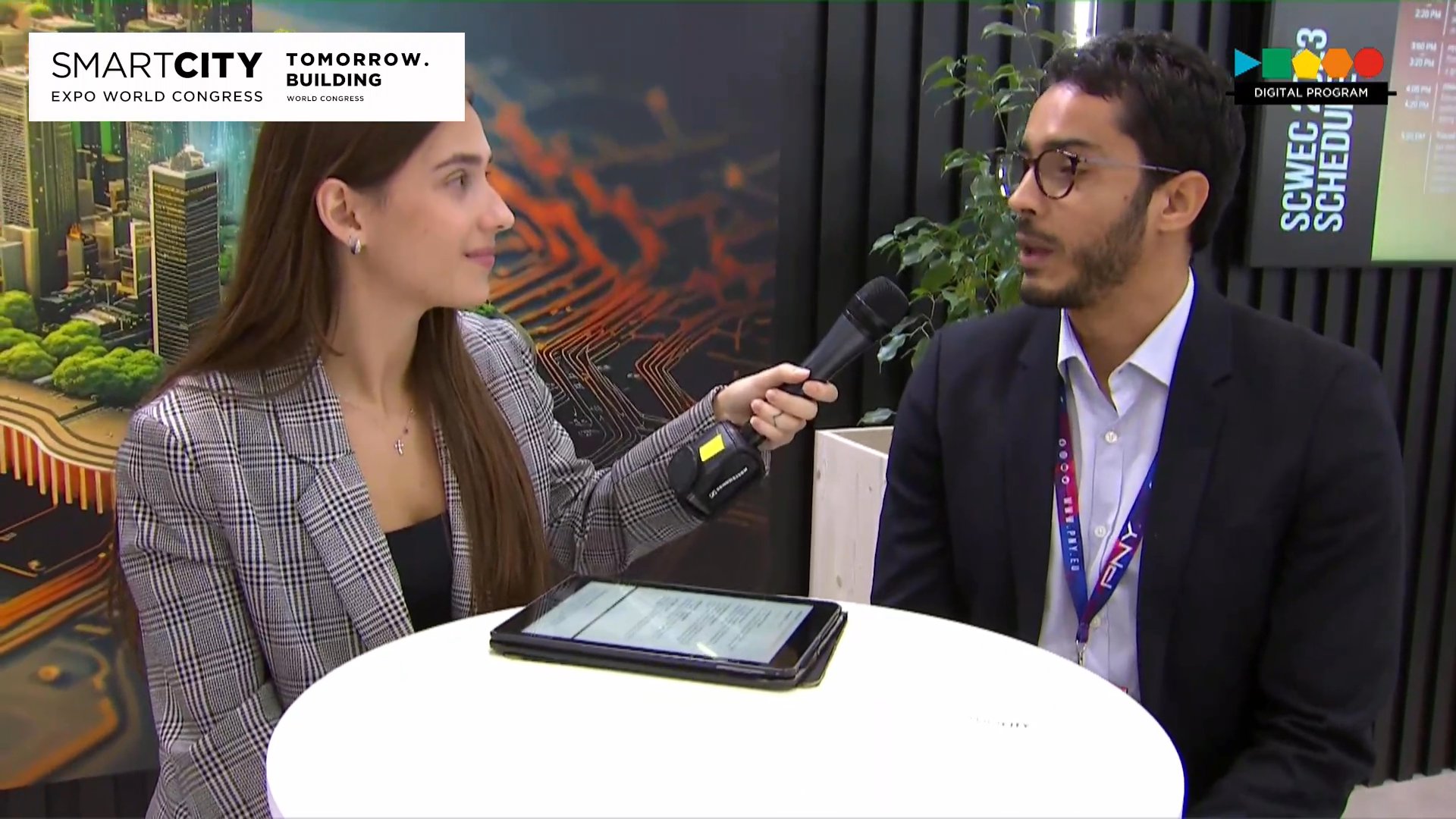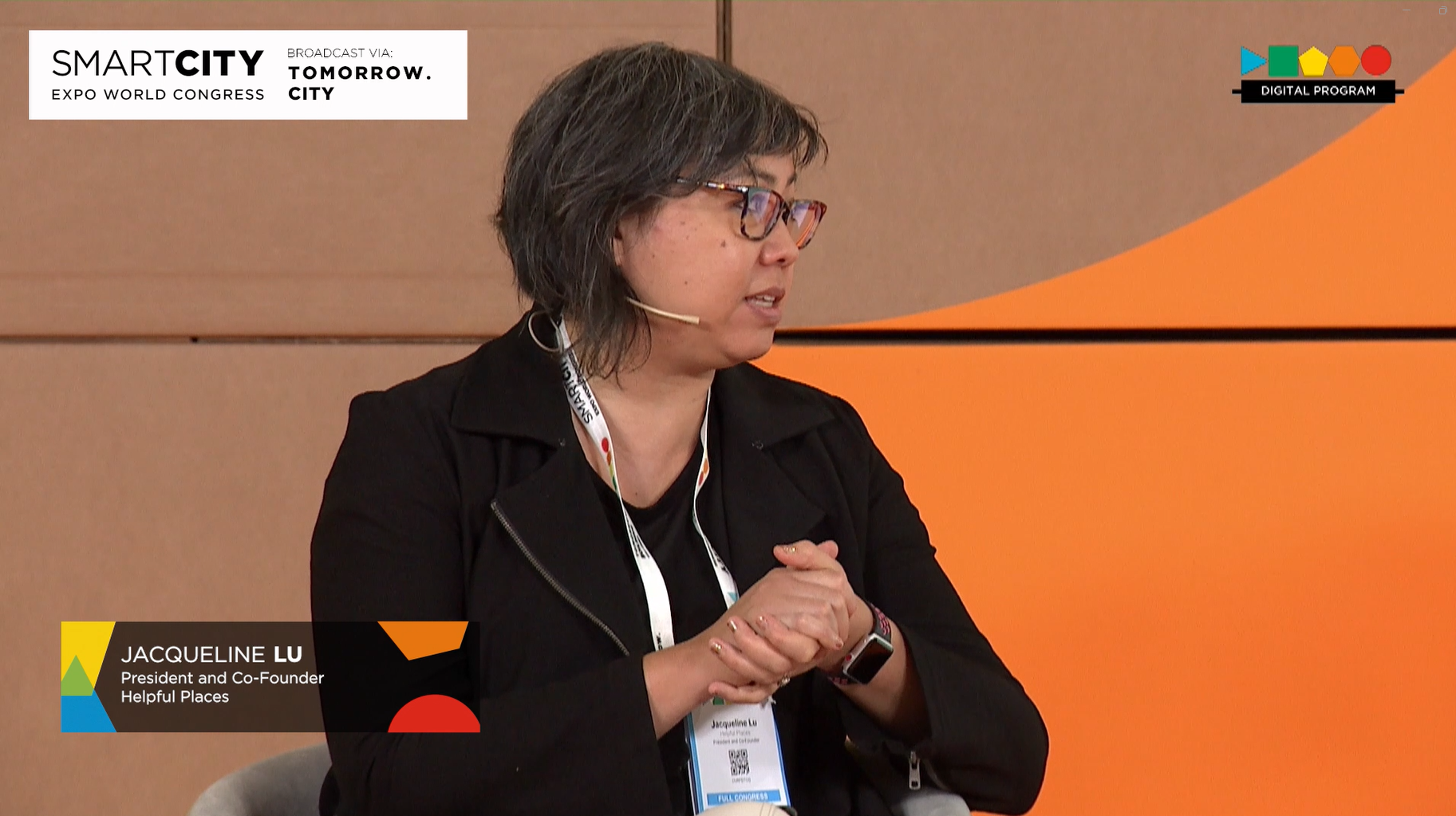Author | Eduardo Bravo
Gathering data on the number of people who are homeless is a challenging task. The last time the United Nations attempted a global study was in 2005, when it was estimated that 100 million people were homeless. According to a 2022 publication by UN Habitat, approximately 1.6 billion people lacked access to housing that met minimum habitability standards.
At the regional level, the United States reported in 2023 that approximately 653,100 people (out of a total population of 334.9 million) were homeless, marking a 12% increase compared to the previous year.
From a global perspective, countries such as Pakistan, Nigeria, and the United States have some of the highest numbers of homeless people. Each of these countries is facing unique challenges and factors that contribute to the problem. Pakistan, for example, has the highest number of homeless people, with an estimated 8 million individuals living without shelter.
The most concerning aspect of this is that the figures are not conclusive, due to the challenges in gathering accurate data and the varying criteria used by countries to define what constitutes a homeless person. Although the people sleeping on the streets may be the most visible, they are not the only homeless individuals. This classification also includes those sleeping in public shelters, in the homes of family members, or in their vehicles. As a result, the actual figures could be higher.
The causes of urban poverty and what cities can do

Although local factors contribute to some cities having a higher number of homeless people than others, there are recurring underlying conditions that could be alleviated or eradicated through effective urban governance, particularly in relation to housing:
Price of housing
According to Eurostat, 82 million Europeans spend more than 40% of their available income on housing, while the recommended threshold is 30%. The price of property and rental rates continue to rise, while incomes remain largely stagnant, and the number of homeless individuals continues to increase.
Accelerating bureaucracy to facilitate more affordable housing
Although local governments may not always have control over the financing of capital for building social housing, they can expedite the permit approval processes to increase both the scale and speed of affordable housing development. It is also important to consider that poorly designed protection policies can result in the removal of housing from the rental market, driving up the prices of the remaining properties and making housing even less accessible.
Stronger protection for tenants
Local governments can implement laws that protect tenants from unfair evictions or introduce rent control policies to curb the escalating number of homeless individuals in the long term. Los Angeles, for example, has expanded eviction protections for humanitarian reasons.
Urban initiatives to curb the increasing number of homeless people
Built For Zero
In order to try to solve the problem, different countries around the world are launching initiatives such as Built For Zero, a program developed in various US cities, which has drastically reduced the number of long-term homeless people in communities such as Abilene, Texas, and Bergen County, New Jersey. To do so, databases have been created with relevant information about people in vulnerable situations, which is constantly updated and exchanged with those of the public administrations and social organizations that help the homeless. This has reduced the periods for obtaining help and it allows personalized monitoring that enables solutions to be adapted to the specific circumstances of the needy.
Housing First
Solutions are also being applied in Europe to eradicate the problem. One of these is the Urbact Roof program, with nine European cities forming part of the program to develop ideas and solutions to resolve common challenges, such as the Housing First project. Housing First seeks to provide permanent housing for the homeless, as the first step towards resolving other conflictive situations, such as addictions, mental health conditions or job hunting. Housing First involves the beneficiaries in the process of looking for accommodation, as it believes that, the more comfortable someone feels in that home, the more time they will spend in it and the more stable their life will be. The Housing First approach is the exact opposite to that were normally used by conventional programs, which required the beneficiary to enter a detox process, psychiatric treatment or a job search process, before being able to access the property, the conservation of which also depended on the positive results in the abovementioned processes. Despite the ground-breaking nature of the initiative, Housing First has been applied in Finland for some time now and it is the only country in the world that has seen the number of homeless people drop in recent years. In order to achieve this, the government invested 250 million euros in the program for building new properties and hiring three hundred social workers. An amount that some consider to be exorbitant but which, in reality, is not. The Housing First project will save 15,000 euros per year per homeless person that no longer needs to be helped through social services.
Bus4Homesless
A much more modest proposal than Housing First is the proposal put forward by Bus4Homeless, an NGO that conditions old buses to convert them into temporary accommodation, social dining facilities, educational classrooms and health centers. The aim is to reintegrate homeless people into society, helping them to find a permanent home, find a job and to no longer depend on social services. In this regard, it is also worth noting the measures taken in the Italian city of Trieste, where the action protocols to help the homeless prioritize the intervention of psychologists and social workers rather than the police, with the aim of solving the problem without criminalizing it.
What does the future hold for those living in poverty?

In 2021, the Central Bank classified 39 countries as having “high levels of institutional and social fragility”. These countries are home to approximately 1 billion people, 335 million of whom live in extreme poverty. According to estimates by the World Poverty Clock, by 2030, there will be 359 million people living in extreme poverty.
The likelihood of being poor or not will increasingly depend on the region in which you are born. In the next five years, it is estimated that 78% of states classified as non-fragile will achieve Sustainable Development Goal 1, which aims to end extreme poverty, while only 19% of fragile states are expected to reach this goal.
As highlighted in the study Lost in the cityscape: Exploring urban homelessness, its societal imprints and policy suggestions, the issue of homelessness in cities is often overshadowed by the allure of rapid urbanization and the expansion of urban areas.
Urban expansion exacerbates these issues by dispersing resources and increasing the geographic distance that vulnerable people must travel to access essential services, such as employment, healthcare, and support systems. These services are crucial for helping individuals overcome the challenges of homelessness.
In this context, the study emphasizes the importance of addressing the issue of homelessness in urban areas. Understanding the subjective experiences of homeless individuals is crucial for comprehending the social ramifications of urban homelessness. These stories not only shed light on the personal adversities and challenges faced by the homeless population but also help identify systemic issues and social dynamics that contribute to this pressing urban problem.
Images | mhameeq, hongquan7749, Naomi August






















































